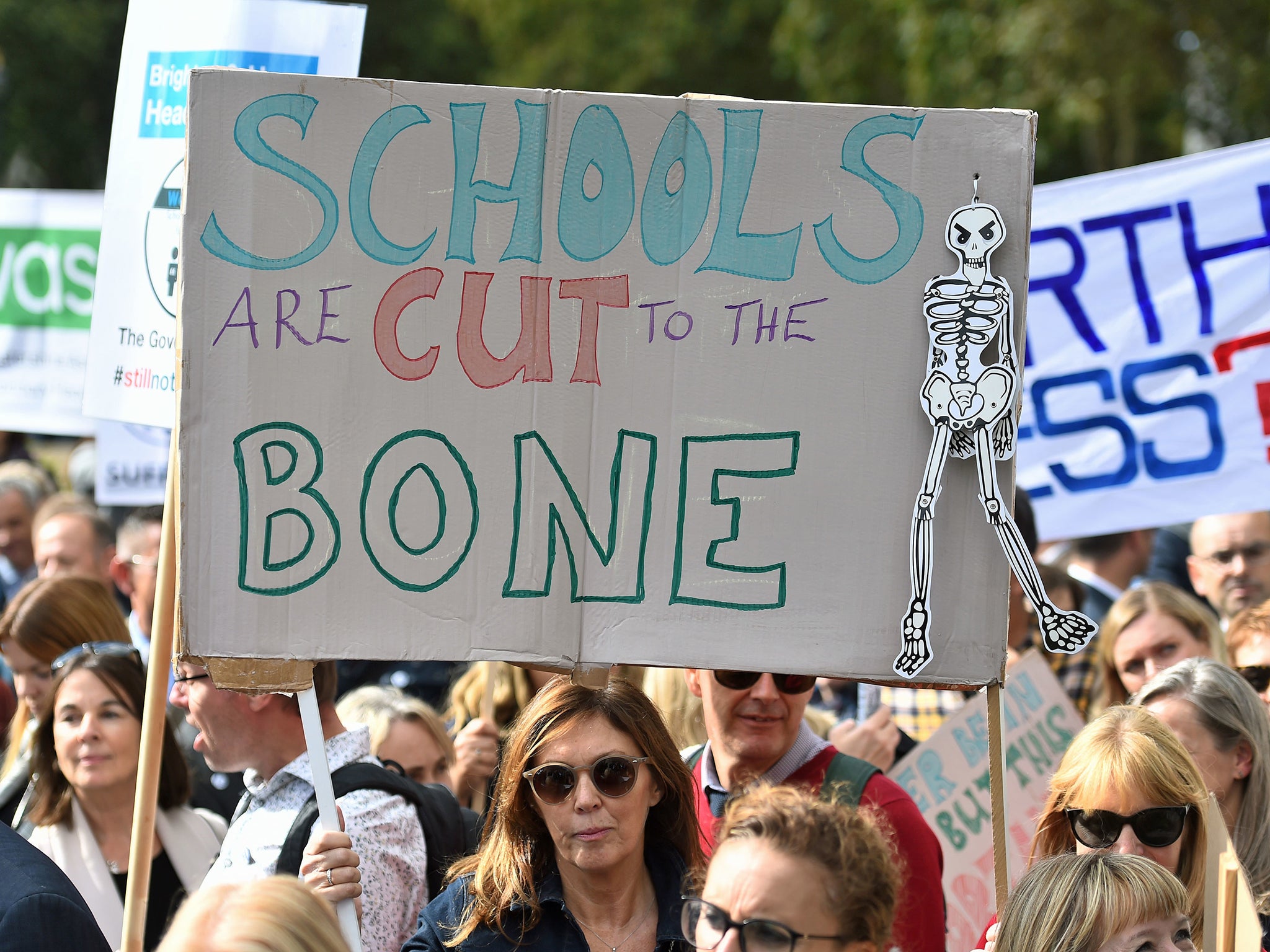Is it fair for Ofsted to criticise schools for government funding cuts?
Analysis: As heads are accused of not examining the impact on pupils, Eleanor Busby looks at whether they should be held accountable


Headteachers have been waiting for Ofsted to acknowledge the impact of the funding crisis on schools for years. The watchdog avoided speaking out on the divisive topic until it had clear evidence.
But now the chief inspector has broken her silence on the funding pressures facing schools. Amanda Spielman has said Ofsted found most schools have made cuts in teacher numbers amid tighter budgets.
However, the schools’ watchdog has hit out at headteachers for adopting cost-saving measures without looking at the impact on the curriculum and on pupils, especially those with special educational needs.
But is it fair for cash-strapped schools to be criticised for decisions they took as a result of real-terms funding cuts from the government over the years?
Already school bosses are in a row with Ofsted over the watchdog’s new inspection framework, introduced in September, which focuses more on the quality of a school’s curriculum rather than results.
Spielman has now recognised that schools are cutting courses, such as languages, computing, design and technology and music, and extra-curricular provision, amid funding pressures.
Even though schools have faced increasing costs at a time when local authority services have been cut, the curriculum on offer (and whether it is “broad and rich”) is now the main focus for Ofsted inspectors.
It is no surprise then that school leaders have hit back and laid the blame with the government. Stephen Rollett, a curriculum and inspection specialist at the Association of School and College Leaders (ASCL), said headteachers have been forced to make “impossible choices” about cuts amid the school funding crisis.
“Schools spend most of their budget on staffing so they don’t have any option other than to reduce courses and extra-curricular provision if they have to make cuts,” he said.
The situation may improve once Boris Johnson’s cash boost for schools comes into effect. Every secondary school will receive at least £5,000 per pupil next year and every primary school will receive at least £3,750 per pupil as part of the government’s funding package.
The move comes after headteachers marched on Westminster to demand more cash after schools were forced to close at lunchtime and parents were asked to pay for essential resources.
But it is still unclear how much the funding will improve the pressures that schools face this year. Unions say that the majority of schools in the country will still be worse off next year compared with 2015.
While state schools across the country are still feeling the impact of the funding crisis, Ofsted may want to hold back its criticism of headteachers who are struggling to balance budgets.
It is a brave fight to take on, especially when the government has acknowledged that schools need more money.
Join our commenting forum
Join thought-provoking conversations, follow other Independent readers and see their replies
Comments